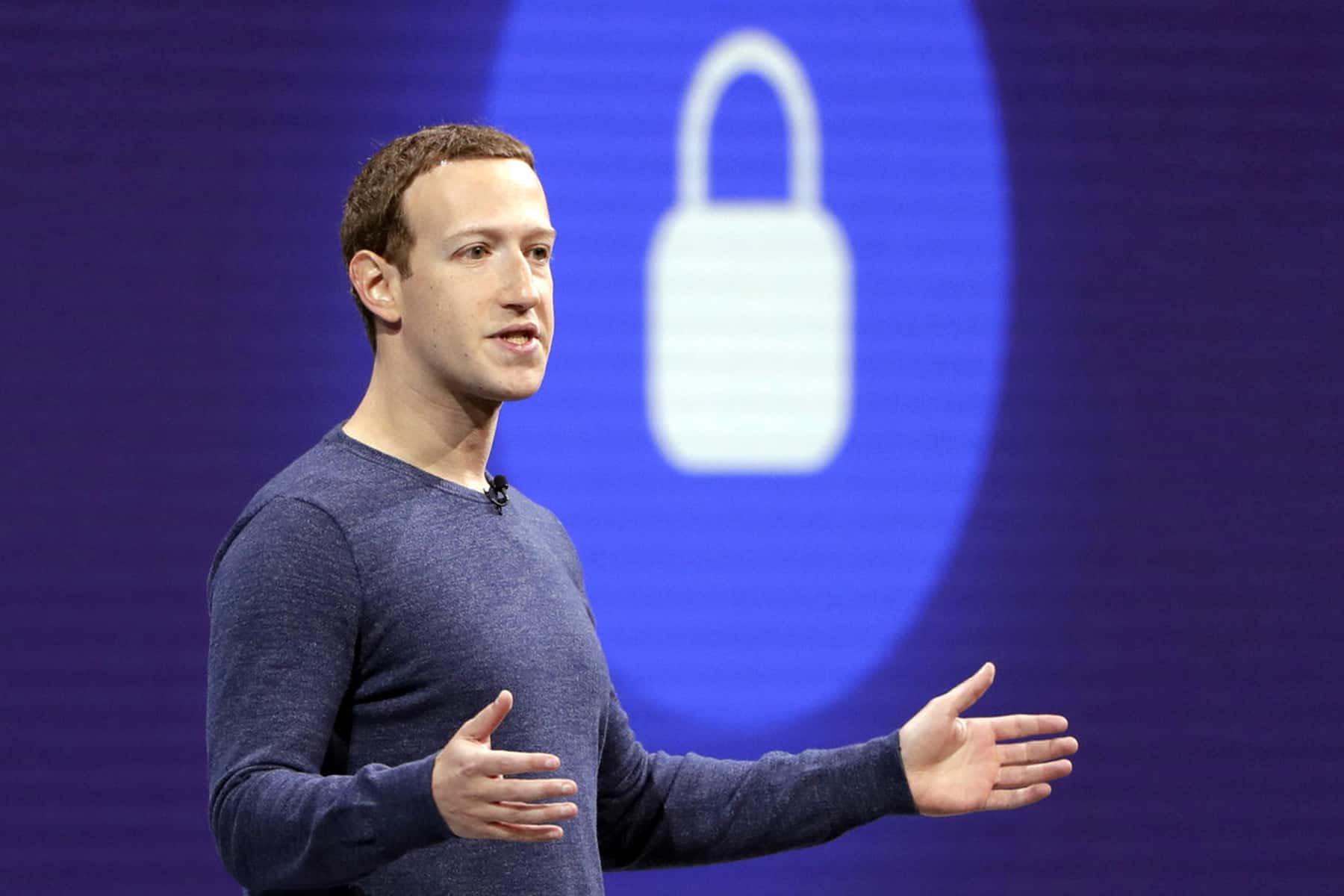
Facebook deliberately broke privacy and competition law and should urgently be subject to statutory regulation, according to a devastating parliamentary report from the British government denouncing the company and its executives as “digital gangsters.”
The 18-month investigation into disinformation and fake news accused Facebook of purposefully obstructing its inquiry and failing to tackle attempts by Russia to manipulate elections.
“Democracy is at risk from the malicious and relentless targeting of citizens with disinformation and personalized ‘dark adverts’ from unidentifiable sources, delivered through the major social media platforms we use every day,” warned Damian Collins, chairman of the UK’s Digital, Culture, Media and Sport legislative committee.
Launched in 2017 as concern grew about the influence of false information and its ability to spread unscrutinized on social media, the inquiry was turbocharged in March the following year, with the Cambridge Analytica data-harvesting scandal.
The committee’s findings argues that, had Facebook abided by the terms of an agreement struck with US regulators in 2011 to limit developers’ access to user data, the scandal would not have occurred. “The Cambridge Analytica scandal was facilitated by Facebook’s policies.”
The 108-page report makes excoriating reading for the social media giant, which is accused of continuing to prioritize shareholders’ profits over users’ privacy rights.
“Facebook continues to choose profit over data security, taking risks in order to prioritize their aim of making money from user data,” the report states, accusing the company of covering up leaks of user data. “It seems clear to us that Facebook acts only when serious breaches become public.”
Zuckerberg is also personally criticized by the committee in scathing terms, with his claim that Facebook has never sold user data dismissed by the report as “simply untrue.”
“Mark Zuckerberg continually fails to show the levels of leadership and personal responsibility that should be expected from someone who sits at the top of one of the world’s biggest companies,” Collins added in a statement.
The report warns Facebook is using its market dominance to crush rivals, shutting them out of its systems to prevent them from competing with Facebook or its subsidiaries. The committee also released new internal Facebook documents obtained from the company’s legal dispute with the company Six4Three, which it said “highlights the link between friends’ data and the financial value of the developers’ relationship with Facebook.”
“Companies like Facebook should not be allowed to behave like ‘digital gangsters’ in the online world, considering themselves to be ahead of and beyond the law,” the report warns.
In a distinctly measured response, Facebook said it was “pleased to have made a significant contribution” to the committee’s investigation. “We are open to meaningful regulation and support the committee’s recommendation for electoral law reform,” said Karim Palant, the company’s UK public policy manager. “We have already made substantial changes so that every political ad on Facebook has to be authorized, state who is paying for it and then is stored in a searchable archive for seven years.”
Palant said Facebook supported privacy legislation, and that “while we still have more to do, we are not the same company we were a year ago.” He said Facebook had increased its team working on abusive content to 30,000 people and invested in machine learning and artificial intelligence to tackle the problem.
The DCMS report calls for sites such as Facebook to be brought under regulatory control, arguing “social media companies cannot hide behind the claim of being merely a ‘platform’ and maintain that they have no responsibility themselves in regulating the content of their sites.”
It proposes comprehensive new regulations, including a mandatory code of ethics and an independent regulator empowered to bring legal proceedings against social media companies and force them to hand over user data.
It cites the example of Germany, which passed a law in January 2018 forcing tech companies to remove hate speech within 24 hours or face a $22 million fine. As a result, it claims, one in six of Facebook’s moderators work in Germany. It also warns electoral law is out of date and vulnerable to manipulation by hostile forces, with urgent need of updating.
“We need reform so that the same principles of transparency of political communications apply online, just as they do in the real world,” Collins said.
David Pegg
Mаrcіо Jоsе Sаnchеz
Originally published on The Guardian as Facebook labelled ‘digital gangsters’ by report on fake news
Help deliver the independent journalism that the world needs, make a contribution of support to The Guardian.














